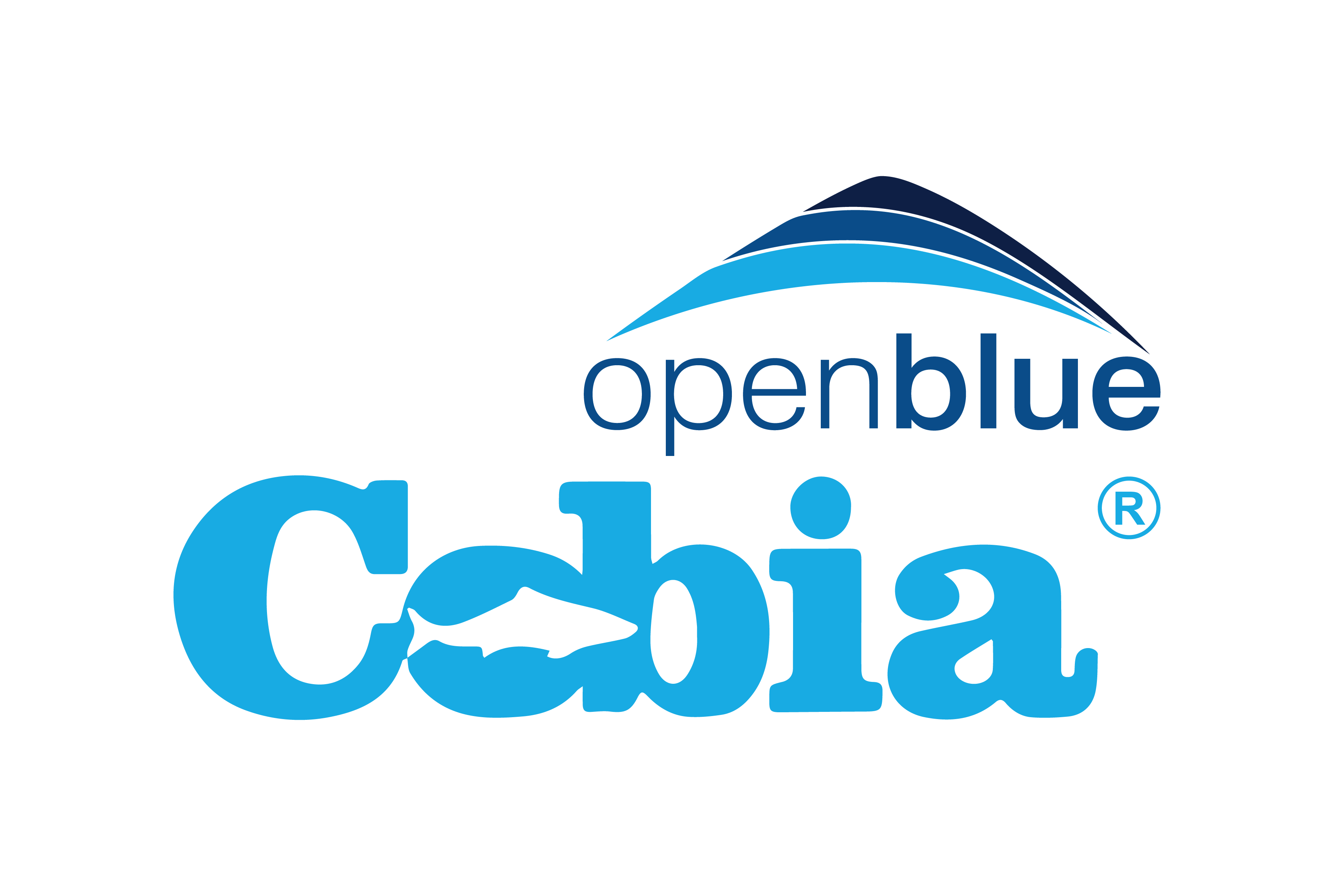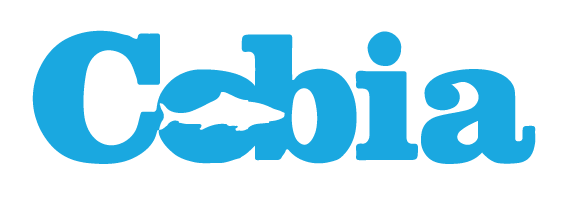
The Art of Mariculture: Understanding Sustainable Aquaculture Fish Farming Practices

Mariculture—a type of aquaculture, or fish farming—plays a crucial role in meeting the growing demand for seafood while reducing pressure on wild fish populations. Sustainable aquaculture practices like mariculture aim to minimize environmental impact, promote animal welfare, and ensure the long-term viability of fish available for farming.
In this blog, we will discuss our open ocean fish aquaculture farms in detail and explore mariculture, the sustainable farming practice that’s shaping the future of seafood production.
What Is Aquaculture?
Aquaculture refers to the practice of growing aquatic species like fish, algae, and shellfish in managed settings. In contrast to wild-caught harvesting, which depends on catching wild fish from natural water bodies, aquaculture facilitates the regulated breeding, nurturing, and collection of fish in tanks, ponds, or marine enclosures. This method provides a reliable and efficient way to produce seafood while minimizing the ecological impact on marine ecosystems.
Mariculture: A Sustainable Type of Aquaculture
Open Blue’s commitment to sustainability is evident in every aspect of its open ocean mariculture operations. From hatchery to harvest, they prioritize practices that promote the health of fish populations and the marine environment. Here are some key sustainable fish farming practices employed by Open Blue:
- Offshore Aquaculture
Open Blue operates deep-water aquaculture farms located in the open ocean waters of the Caribbean, miles off the coast of Panama. This offshore location provides a natural and low-density environment for fish farming, minimizing the impact on coastal habitats, growing a healthier, more natural fish and reducing the risk of disease transmission.
- Responsible Feed Management
Open Blue utilizes responsibly sourced, high-quality feed for their fish, minimizing the reliance on wild fish stocks and reducing the environmental footprint of aquaculture operations. By carefully managing feed inputs, they ensure optimal nutrition for their fish while minimizing waste and pollution.
- Water Quality Management
With near-shore or land-based aquaculture methods, so much has to be invested in maintaining pristine water quality. This is essential for the health and well-being of farmed fish. However, Open Blue Cobia are grown in pens located miles off the coast of Panama. Yes, they employ water-quality monitoring and management techniques to ensure that their fish are raised in clean, oxygen-rich water free from contaminants, but very little is done to the water that Mother Nature doesn’t do already. The water is allowed to flow in and out of the pens, allowing the fish to swim and feed in their natural environment.
- Fish Welfare
At Open Blue, fish welfare is a top priority. They employ humane handling practices and provide spacious offshore pens, creating low-stress environments for their fish to thrive. By prioritizing fish welfare, they ensure the production of healthy, high-quality seafood while respecting the inherent value of each individual fish.

The Future of Sustainable Aquaculture
As global demand for seafood continues to rise, sustainable aquaculture will play an increasingly important role in meeting this demand without compromising the health of our oceans. By adopting responsible farming practices, minimizing environmental impact, and prioritizing animal welfare, fish farmers can ensure the long-term sustainability of their operations and contribute to the conservation of marine ecosystems.
In the pursuit of sustainable aquaculture, Open Blue stands as a leader of innovation and responsibility.
We are deeply committed to maintaining the highest standards for sustainable aquaculture and excellence in food safety, proudly achieving a number of world-class certifications for our operations and practices. Open Blue is certified by the Aquaculture Stewardship Council, the Monterey Bay Aquarium Seafood Watch Program, and Best Aquaculture Practices. Open Blue was also honored as SeaWeb’s 2018 Sustainability Champion for Vision.
By partnering with a sustainable fish supplier like Open Blue, businesses can support ethical practices and ensure a future where seafood production harmonizes with nature, offering their customers the best in sustainable and responsibly farmed seafood.
Call us for more details on our Cobia fillets and wholesale programs and a list of distributors that carry it.

